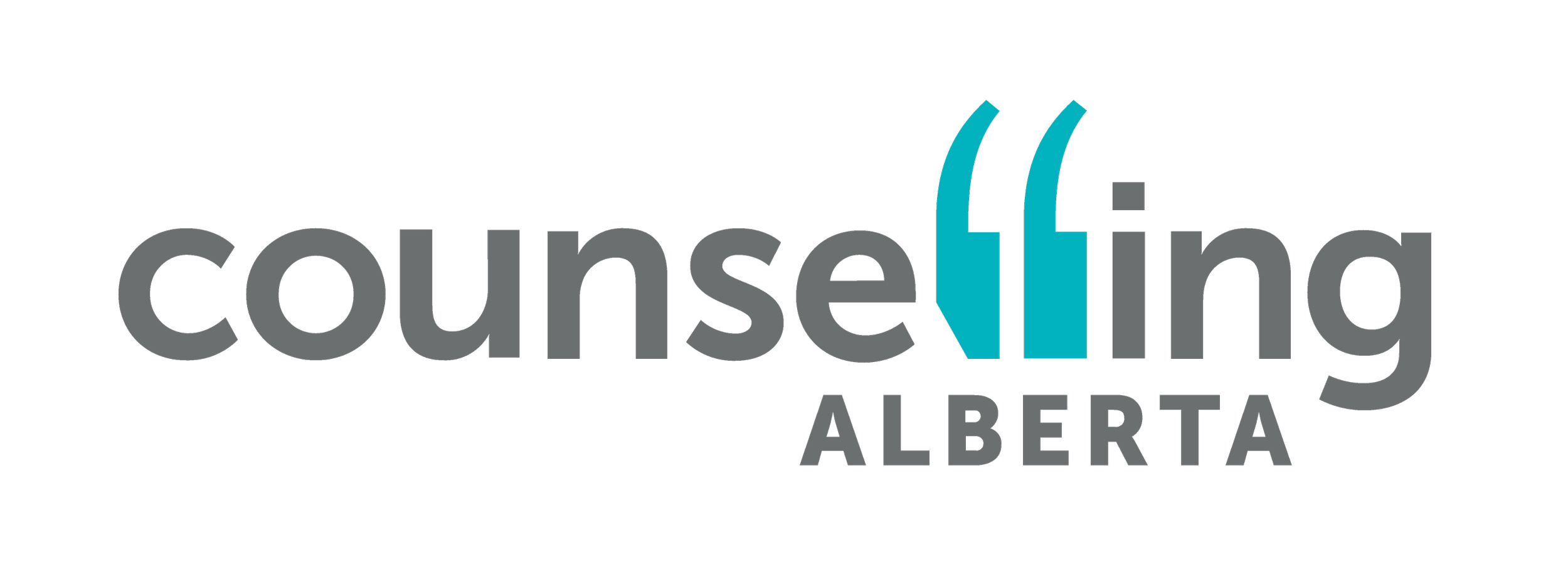When everything’s changing: a guide for young adults in transition
Change is a constant in your 20s. You might be moving cities, starting a new job, building a relationship, or simply trying to figure out what’s next. These transitions can feel exciting, but also disorienting, lonely, or overwhelming.
You’re not alone in this. With time, reflection, and support, you can build the resilience to move through change with more confidence and self-trust.
Why transitions feel so tough
Transitions often shake up the routines, roles, and relationships that once made us feel secure. You might find yourself:
Struggling with tasks that used to feel easy, like managing your time, staying motivated, or making decisions.
Feeling unsure of your identity, especially if your environment or responsibilities have changed.
Noticing shifts in your relationships as your values, priorities, or lifestyle evolve.
These feelings are normal. You’re not failing, you’re adjusting. And adjustment takes energy.
Life shifts that can trigger transitions
Some common transitions in your 20s include:
Graduating and leaving the structure of school behind
Starting or leaving a job
Moving out of your family home or to a new city
Ending or beginning relationships
Navigating identity changes, around gender, culture, career, or values
Each of these shifts can bring up uncertainty, grief, and growth, all at once.
How transitions can shift your relationships
As you grow and change, your relationships often shift too. You might start to feel distant from friends who once felt like family or realize that some relationships no longer bring the same sense of connection or support they once did.
It’s not always easy when the people closest to you don’t understand the changes you’re making. Maybe you’ve started prioritizing your mental health; saying no more often, taking time for yourself, or stepping back from constant availability. If you’ve always been the one who “holds it all together,” these changes might surprise others.
But change doesn’t mean you’re letting people down. It means you’re learning to show up in ways that feel more honest and sustainable. And while it might take time for others to adjust, it also opens the door to relationships that reflect who you are now. Change doesn’t always mean loss. Sometimes, it means redefining how people fit into your life.
You’re not falling behind, you’re in transition
It might feel like everyone else has it figured out. But this is the first time in life when everyone is doing something different. Some people are working, some are studying, some are resting, and some are still figuring it out. There’s no single timeline. You’re not behind, you’re building something new.
You’ll make mistakes, and that’s part of it
Mistakes are a natural part of growing. You might take a job that doesn’t quite fit, stay in a relationship longer than you should, or miss a deadline that matters. These moments can feel heavy, but they’re also how you learn what matters to you, what you need, and how to move forward.
Reframing change as growth
Change can feel like chaos, but it’s also where growth happens. You’re learning how to:
Make decisions without all the answers
Sit with uncertainty
Keep going, even when things don’t go as planned
Even if you feel stuck, that doesn’t mean you’re not growing. Sometimes growth looks like progress. Other times, it looks like pausing, resting, or simply getting through the day.
You’re not alone
Transitions are hard, but they’re also full of possibility. You’re not expected to have it all figured out. You’re expected to learn, grow, and keep going.
And if you need support, we’re here.
Information for this blog was provided by registered social worker, Sharona Pilmeister.



